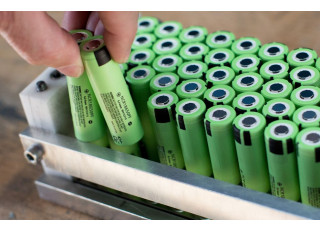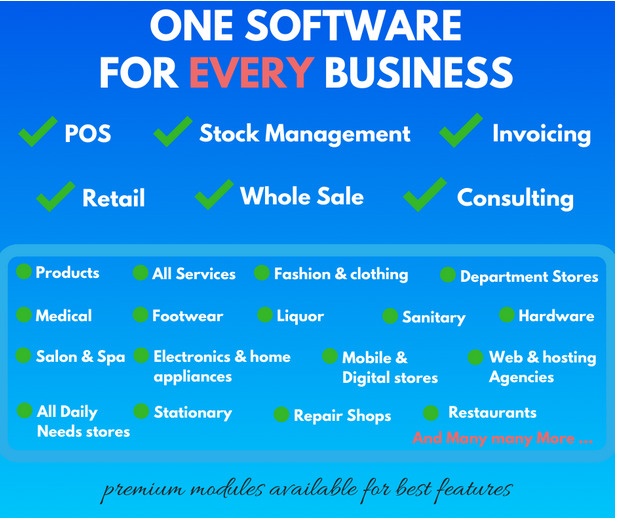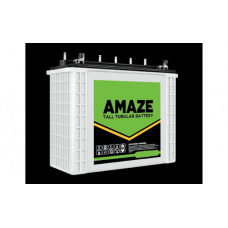Blog
Differences Between Lead Acid and Lithium Ion Batteries.

As solar energy has become more popular, many homeowners are adding battery storage to their systems. There are two common chemistries in use: lithium-ion and lead acid. Lithium-ion batteries utilize the metal lithium, while lead acid is made with sulfuric acid.Although they use different chemistries, both lithium-ion and lead acid batteries offer viable storage solutions. Here's a quick comparison between the them:
Depth of discharge
By understanding the depth of discharge, you can drain your battery safely without damage, by knowing the percentage. The more you know? It's normal to use up to 85% of an electric battery, especially lithium-ion, but you shouldn't discharge lead acid batteries (or other types) past 50%. This can affect the lifespan of the battery. Lithium-ion batteries have a deeper discharge capability than other types, and are able to withstand higher levels of depth. This is especially useful for cars as it helps lithium-ion batteries last longer.
Lifespan
Batteries degrade over time and become less effective as they age. They are similar to solar panels in that way. Recharging a battery to power your home or appliances and then discharging it again to potentially use as solar energy or grid power counts as one "cycle" There are reports which say that lithium-ion batteries last for 7 or 10 times more cycles than lead acid cell batteries - which means they last for a longer time, meaning the lifecycle is generally longer for lithium ion products.
Cost
Lead acid batteries are cheaper than lithium-ion options, but using them is not always the best idea since they tend to weigh a lot and can't last as long. You can find a solar lead-acid battery setup for a much lower cost than the more expensive lithium ion batteries—they range from N250000 to N2000000 and installation is cheaper, too.While lead acid batteries may seem cheaper in the beginning, over time, lithium ion batteries become a more economical choice For lithium-ion, we’ve highlighted a range of different features and benefits, which make them more desirable. We’ve also looked at the way in which these contribute to the overall performance of lithium ion battery systems.
Capacity
A battery's capacity is a measure of how much energy can be stored and later discharged by the battery As the power capacity of different battery models and manufacturers varies, lithium-ion technology is widely accepted to be more efficient than lead acid batteries.Lithium-ion batteries require less physical space than other types of batteries, which means that you can fit more energy into a smaller space. This build up of power can ensure that devices last longer.
Efficiency
Battery efficiency is an important metric to consider when comparing different buying options. For example, lithium-ion batteries are usually 95% or more efficient, meaning that many of them only "waste" 5% or less energy storage. Higher efficiency batteries charge faster. This is due to a higher depth of discharge, which increases the effective battery capacity.
Conclusion
If you need a battery backup system, both lead acid and lithium-ion batteries can provide you with some benefits.Lithium-ion batteries have a number of advantages like longer lifetime, higher charging temperature levels & higher energy density.Though more expensive at the start of your purchase, lithium-ion batteries typically last longer than lead-acid options.The most common type is lead-acid. These batteries are cheaper at the start of your purchase but they usually last only 2 years. Lithium-ion batteries cost more at first but they can last up to 10 years without losing strength
-320x70.png)























